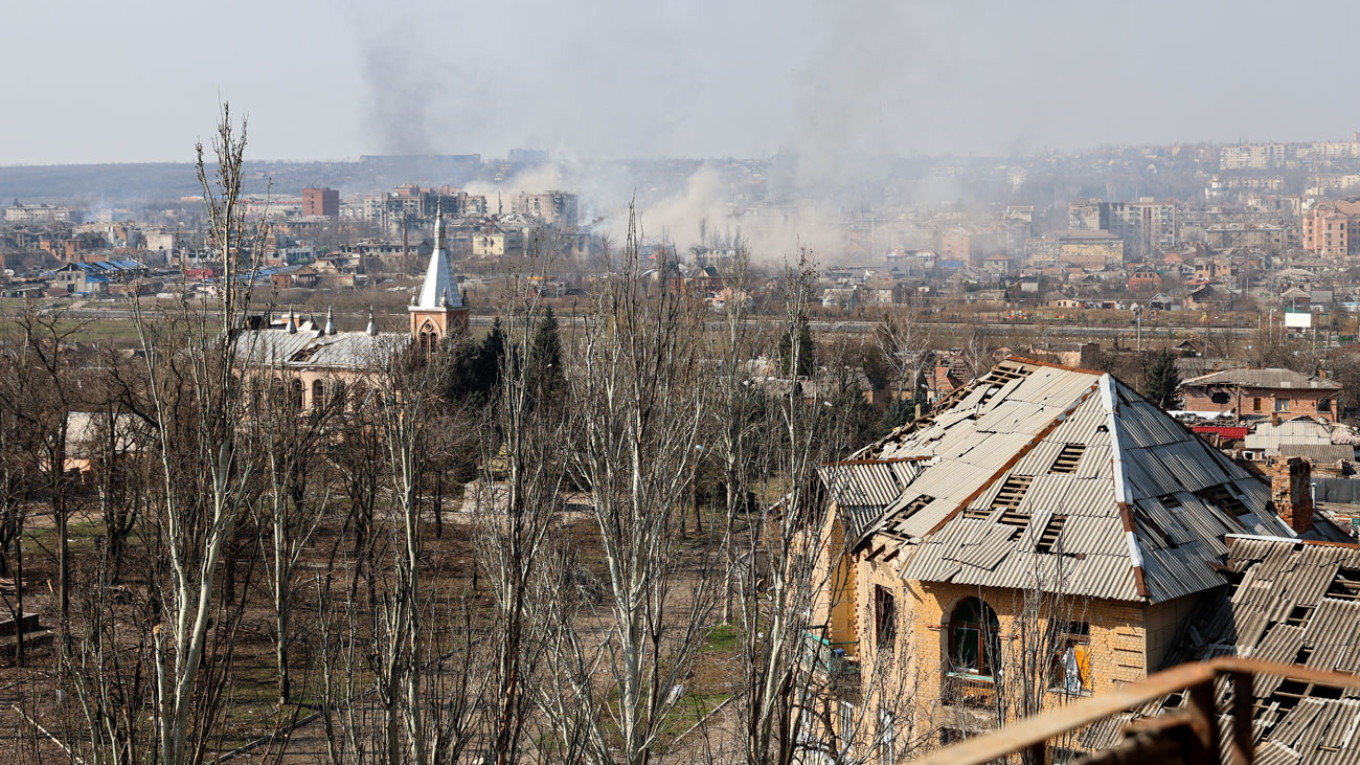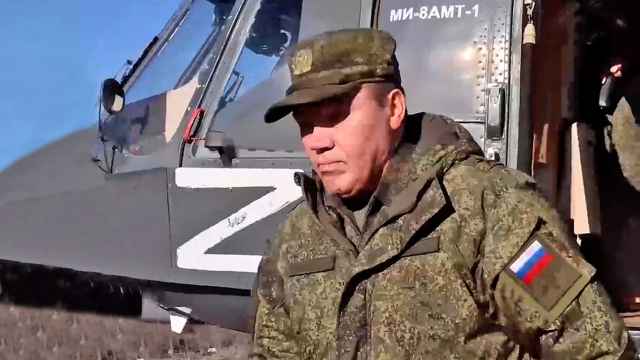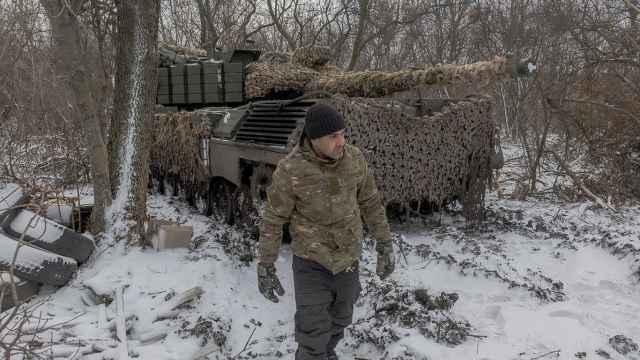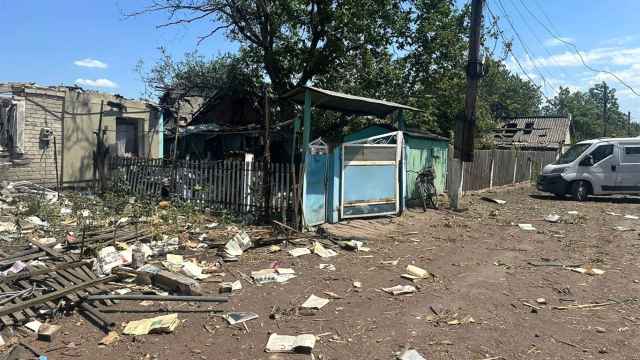A Moscow-backed official announced Monday that he had visited the frontline city of Bakhmut in Ukraine, suggesting that Russia's forces have made significant gains there.
The battle for Bakhmut is the longest and bloodiest of Russia's offensive, and the city has taken on huge symbolic importance even though analysts say it has little strategic value.
Denis Pushilin, the Russia-installed head of the eastern Ukrainian Donetsk region, posted a video of himself on Telegram in the heavily destroyed city.
"Here is our Artyomovsk," Pushilin said, using the Soviet-era name for Bakhmut.
"It is being liberated by Wagnerites," he added, in reference to the Wagner mercenary group spearheading Russia's battle in the city.
Destroyed buildings and ruins could be seen in the background behind Pushilin, who wore a camouflage helmet.
He appeared to be standing in the central Svoboda square of the city.
The sound of artillery could be heard in the video.
The head of Wagner, Yevgeny Prigozhin, last week claimed the group had "in a legal sense" captured Bakhmut because he said it had taken control of city hall.
The Russian army reported no such gains, and Ukraine has said it is continuing to defend the city.
In a sign that Wagner has made significant gains, several Russian war correspondents have in recent days published videos from Bakhmut.
One of those was Semyon Pegov, who published images of himself riding on a motorbike accompanied by Wagner fighters through the ruins of the city.
A Message from The Moscow Times:
Dear readers,
We are facing unprecedented challenges. Russia's Prosecutor General's Office has designated The Moscow Times as an "undesirable" organization, criminalizing our work and putting our staff at risk of prosecution. This follows our earlier unjust labeling as a "foreign agent."
These actions are direct attempts to silence independent journalism in Russia. The authorities claim our work "discredits the decisions of the Russian leadership." We see things differently: we strive to provide accurate, unbiased reporting on Russia.
We, the journalists of The Moscow Times, refuse to be silenced. But to continue our work, we need your help.
Your support, no matter how small, makes a world of difference. If you can, please support us monthly starting from just $2. It's quick to set up, and every contribution makes a significant impact.
By supporting The Moscow Times, you're defending open, independent journalism in the face of repression. Thank you for standing with us.
Remind me later.






